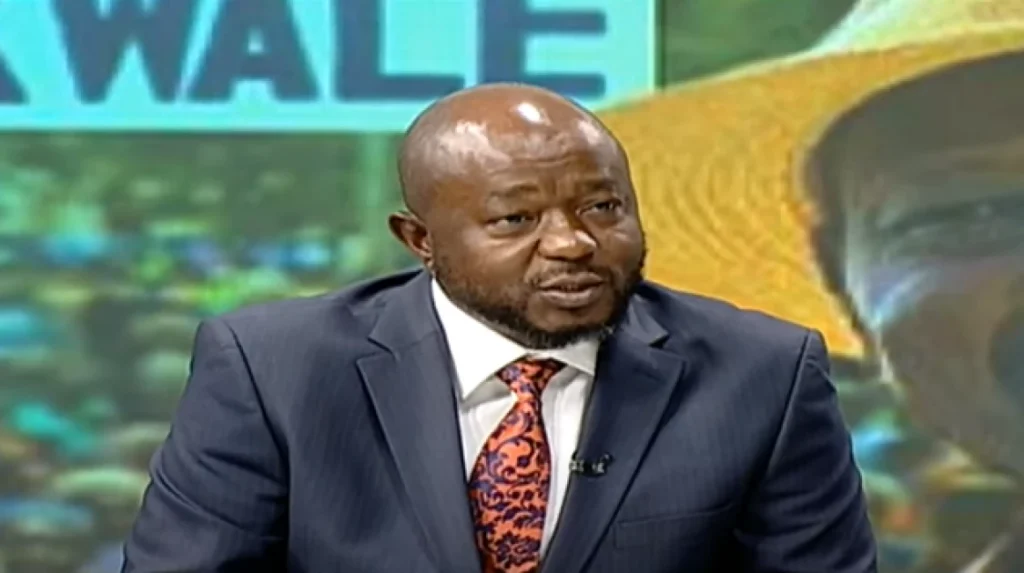Uriri Member of Parliament Mark Nyamita has called on the executive arm of government to embrace austerity measures instead of introducing new taxes, arguing that prudent spending could raise up to Sh40 billion funds equivalent to what the current Finance Bill 2025 aims to generate.
Speaking during an interview on Citizen TV’s morning show on Tuesday, Nyamita emphasized the need to rationalise government spending amid the ongoing economic hardship faced by Kenyans. His remarks come as public hearings on the contentious Finance Bill, 2025 near conclusion, with several counties holding final sessions this week.
Nyamita decried what he termed as “extravagant” expenditure by the government and urged a more disciplined fiscal approach. “We’re saying that the current Finance Bill is projected to raise between Sh25 and Sh40 billion. My view is that the difference in what they aim to raise should come from austerity measures,” he stated.
He lauded Parliament for reducing travel-related expenses and challenged the executive to follow suit. “As someone in Parliament, I can say there has been a reduction in our activities compared to the previous term. The executive can also scale back,” he noted.
The MP cited Controller of Budget Margaret Nyakang’o’s recent revelation that more than Sh10 billion had been spent on travel within just nine months of the current financial year. “That’s what I’m referring to the need to prioritise and streamline expenditure,” Nyamita added.
He also expressed concern over spending done under Article 223 of the Constitution, which permits expenditure before parliamentary approval. Nyamita stressed that Parliament must ensure such spending is properly scrutinised to prevent misuse. “Article 223 should not function as an alternative budget outside parliamentary oversight,” he said.
Nyamita concluded by affirming Parliament’s commitment to holding those responsible for questionable spending to account, as it awaits a report from the Budget Committee. His call for financial discipline adds to growing public pressure for government accountability in managing taxpayer funds

